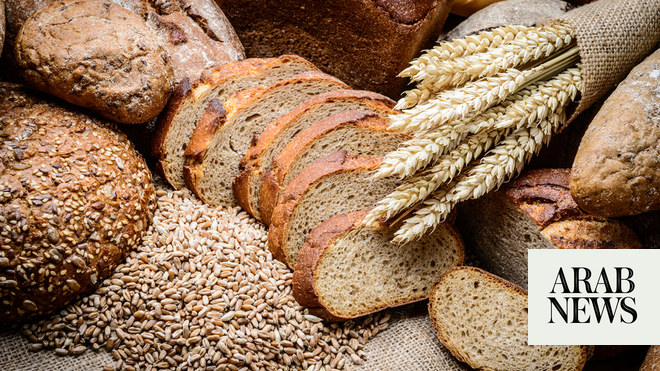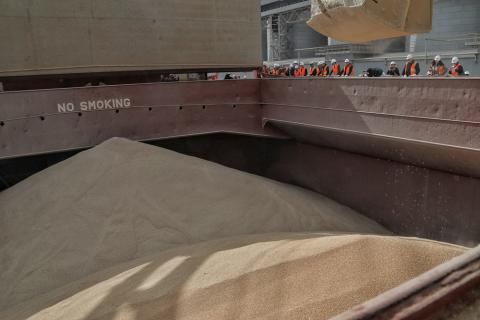
RIYADH: The global food import bill is forecast to reach a record high of $1.98 trillion in 2023, up 1.5 percent from 2022, due to a combination of factors including an increase in international prices and higher volumes, the latest UN report showed.
The Food and Agriculture Organization of the UN in its biannual report stated that the anticipated increase in the 2023 bills will happen due to an additional $18.4 billion stemming from higher international prices and $12.9 billion from higher volumes.
However, despite this surge, the UN body predicts the world food import bill will grow at a much slower pace compared to last year as demand diminishes.
According to FAO, the global food bill jumped by 11 percent back in 2022 and by a significant 18 percent in 2021.
The low demand this year — especially in economically vulnerable countries — is mainly attributed to the global hike in prices which is primarily driven by higher quotations for fruits, vegetables, sugar and dairy products, it added.
While food imports by advanced economies continue to expand, the report said the import bill for the least developed countries is projected to decline by 1.5 percent this year.
With regard to the import bill for the net food-importing developing countries, it will decline by an estimated 4.9 percent, the report highlighted.
“The decline in food import volumes is a concerning development in both groups, suggesting a decline in purchasing capacity,” the FAO report warned.
“These concerns are amplified by the fact that lower international prices for a number of primary food items have not, or at least not fully, translated into lower prices at the domestic retail level, suggesting that cost-of-living pressures could persist in 2023,” the report added.
FAO Senior Economist El-Mamoun Amrouk warned that rising food prices can lead to social unrest and increased financial challenges and that well-tailored interventions are crucial to combat inflation.
Latest forecasts of the production, trade utilization, and stock levels on a global level across major basic foodstuffs suggest a rise in production across most categories including rice, coarse grains and oil crops.
While the production of milk, sugar, meat, and fish is also forecast to increase, the global wheat output is projected to drop.
Nevertheless, the global agricultural food production systems remain vulnerable to shocks such as severe weather turbulence, geopolitical tensions, policy changes, and developments in other commodity markets., the report added
This could potentially alter demand and supply balances while impacting prices as well as world food security.












